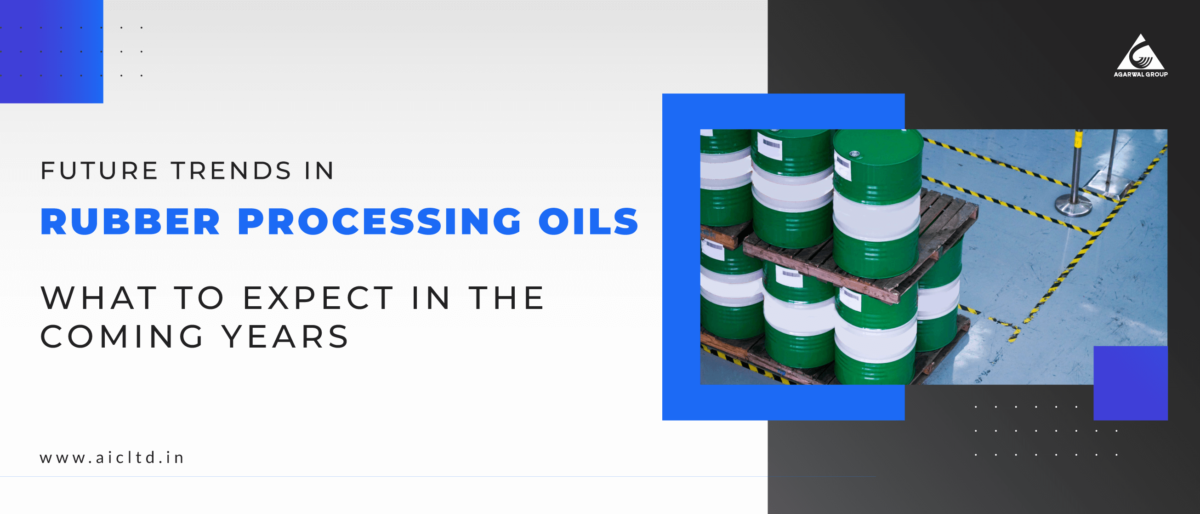I. Introduction
In the ever-evolving landscape of industrial materials, rubber processing oils play a pivotal role, contributing to the efficiency and quality of rubber products. As industries progress, it becomes crucial to delve into the current state of rubber processing oils and anticipate the future trends that will shape their evolution.
II. Current Landscape of Rubber Processing Oils
To comprehend the future, we must first understand the present. The current market for rubber processing oils is characterized by a diverse range of products catering to various industries. These oils are essential in enhancing the processability and performance of rubber compounds. From tire manufacturing to industrial rubber goods, the demand for specialized processing oils is on the rise.
Factors influencing the current landscape include technological advancements, regulatory changes, and market dynamics. The competition is fierce, with manufacturers striving to develop oils that not only meet industry standards but also address specific requirements such as improved efficiency and reduced environmental impact.
III. Emerging Technologies and Innovations
In the quest for excellence, the rubber processing oil industry is witnessing the emergence of cutting-edge technologies and innovations. These innovations aim to enhance the efficiency of rubber processing while minimizing environmental impact. One notable trend is the integration of smart technologies and automation in manufacturing processes, leading to precise control and optimization of rubber compound formulations.
Nano-additives are another frontier, promising to revolutionize the properties of rubber compounds. By incorporating nanomaterials into processing oils, manufacturers seek to achieve superior reinforcement, increased durability, and enhanced resistance to wear and tear.
IV. Environmental Considerations and Sustainable Practices
As global awareness of environmental issues grows, the rubber processing oil industry is under increasing pressure to adopt sustainable practices. Environmental considerations now play a pivotal role in the development and selection of processing oils. Manufacturers are investing in research to formulate bio-based oils, reducing dependency on traditional petroleum-based sources.
Furthermore, the recycling and reclamation of rubber processing oils are gaining prominence. Sustainable practices not only align with regulatory standards but also appeal to environmentally conscious consumers, creating a win-win scenario for both the industry and the planet.
V. Predictions and Future Outlook
Looking ahead, the future of rubber processing oils seems poised for transformative changes. Predictions include a continued shift towards bio-based and eco-friendly formulations. The integration of artificial intelligence and machine learning in manufacturing processes is expected to become more prevalent, ensuring precision and efficiency in rubber compound development.
Global collaborations and partnerships for research and development are likely to increase, fostering a culture of innovation and knowledge exchange. Additionally, the industry is anticipated to witness a surge in demand for customized processing oils tailored to specific applications, further diversifying the product landscape.
VI. Conclusion
In conclusion, the future of rubber processing oils holds exciting prospects. From technological advancements to sustainable practices, the industry is evolving to meet the demands of a changing world. Staying abreast of these trends will be crucial for businesses aiming not only to survive but to thrive in the dynamic landscape of rubber processing oils.

